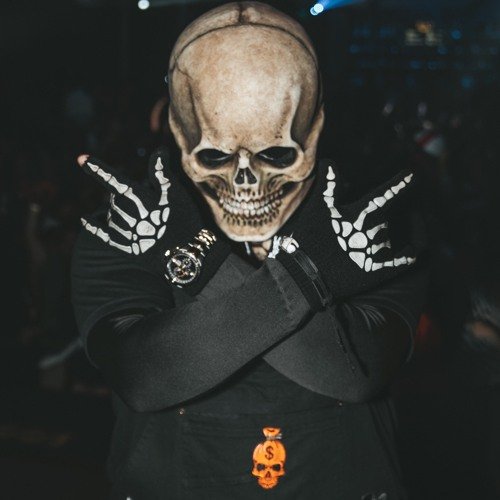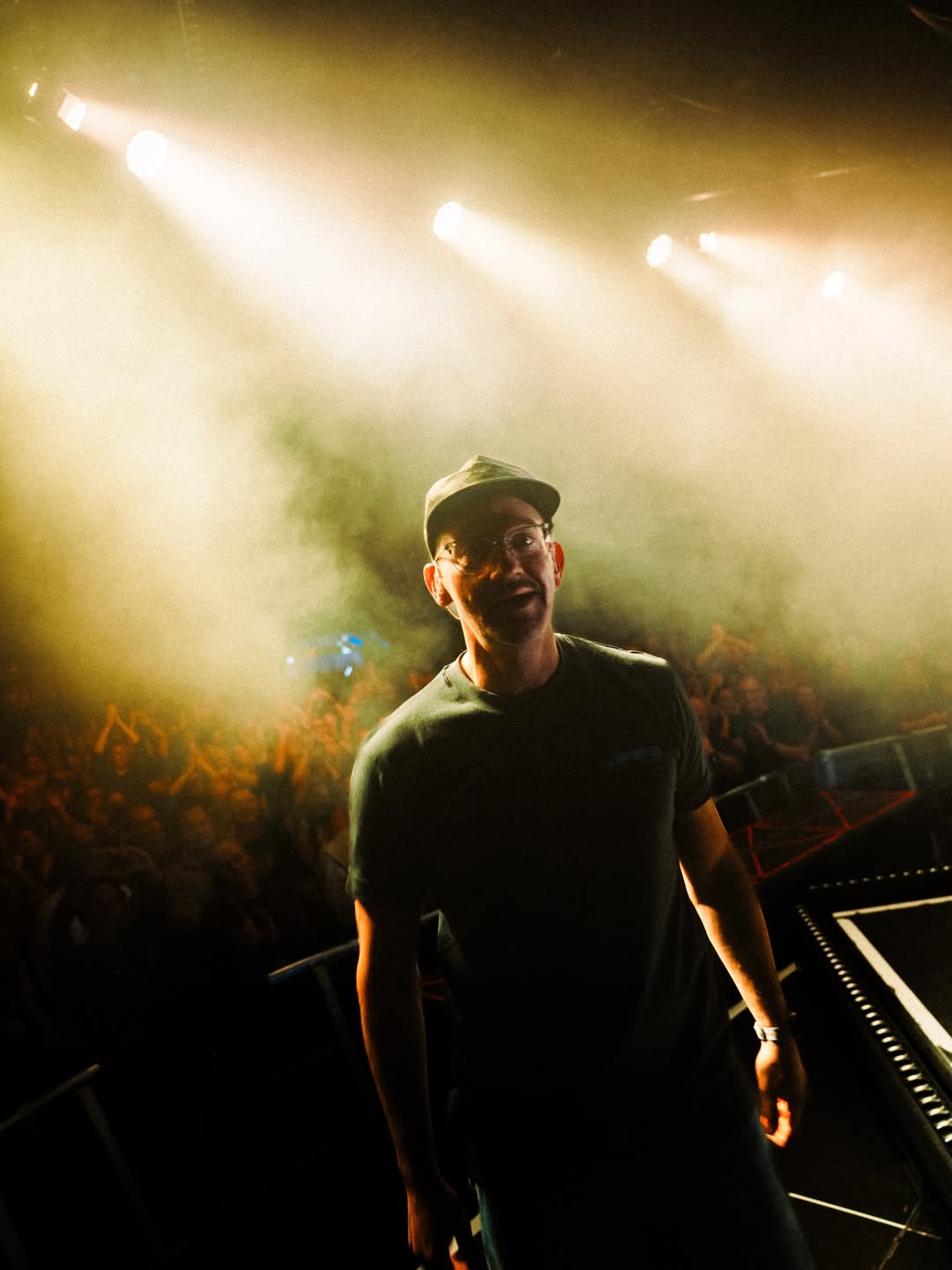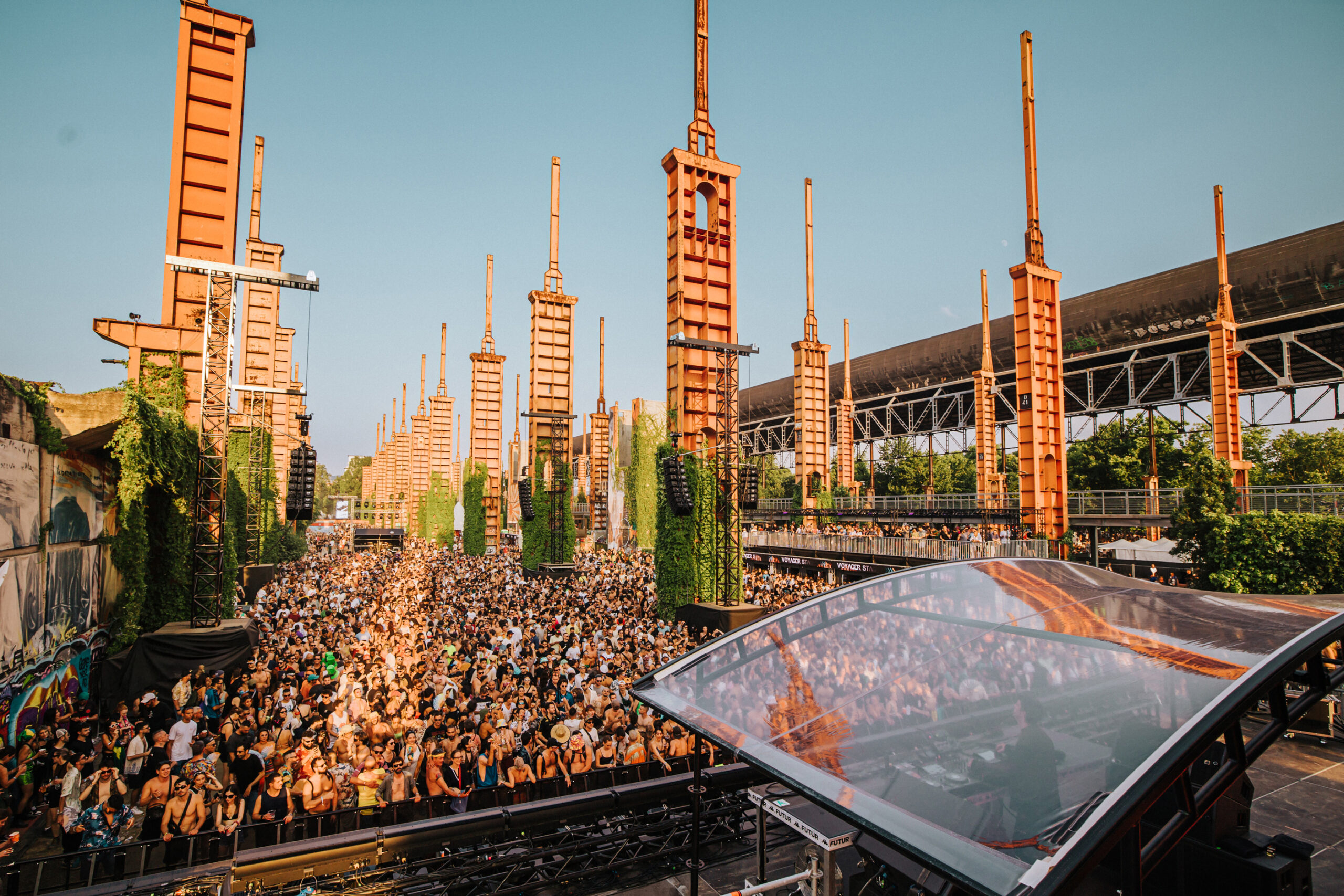Saturated in the depths of the underground we will hear what House of Hustle has in store for us. With 10-years as a label the House of Hustle crew has been in the mix always growing from inspiration and sheer creativity.
In celebration of their 10-year anniversary, House of Hustle headhunts for a lineup of international talent to present a compilation that racks from the first note, starting with the Italian Kapowsky’s ‘Jacket,’ that we premiere today ahead of the official release on Friday.
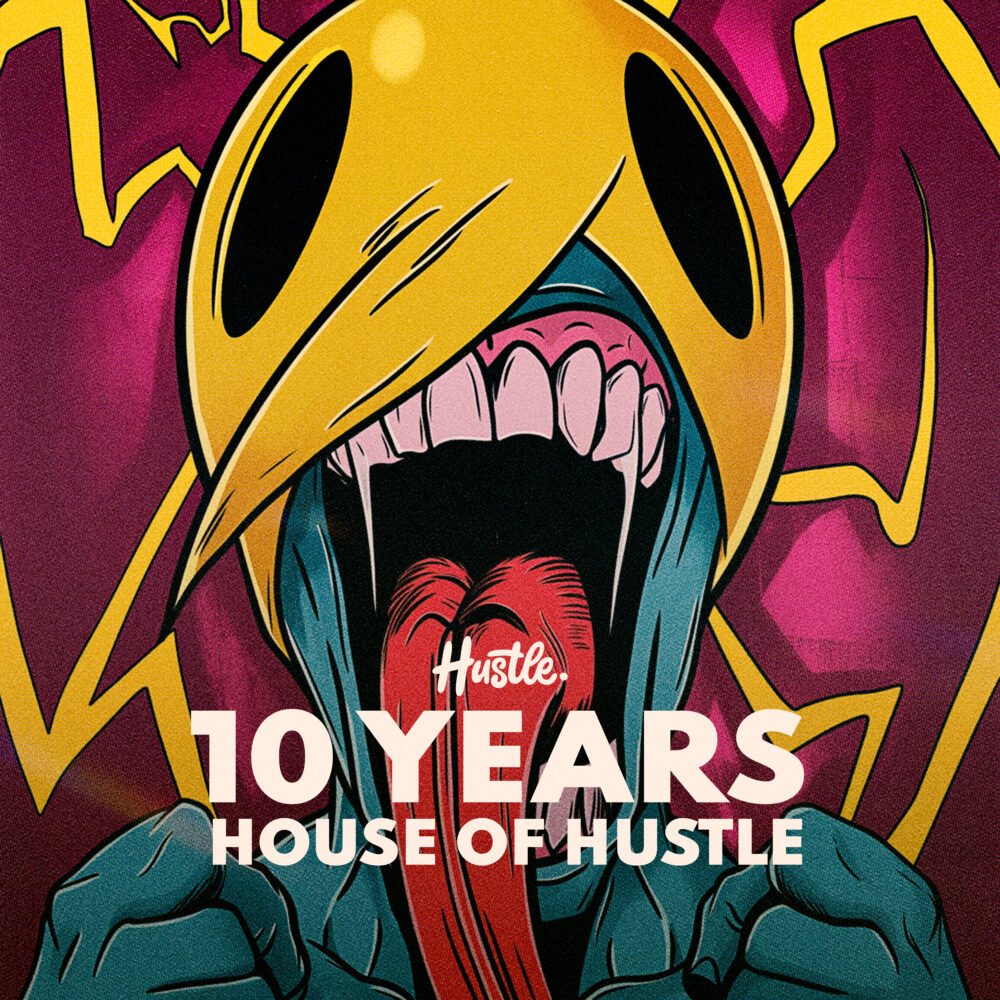
To properly present the House of Hustle camp we chatted with the label head, the Swede, Patrik Stedt.
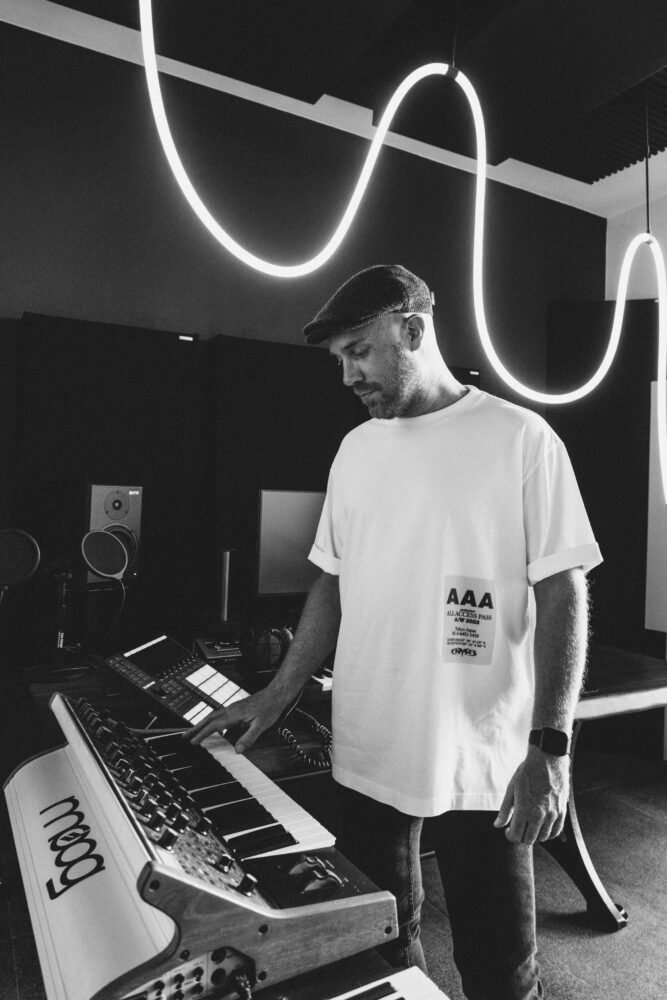
Patrik shares the story of House of Hustle and we get to know the artists that are slated in the ’10 years : House of Hustle,’ HOH205 VA, compilation, all with a great story of their own coming from labels such as Strange Love, Dirtybird, Toolroom and REALM: Doctor Jack, Holt 88, 96 Vibe, Latour, E.D.E.R, Mike McFly, Dirty Rituals, Wolfire, L.O.O.P., FOOLiE, Cole Vassallo, Matty Ladd, Screechy, Abyssus, Low Voltage, Sam Shelby, Flo.Von, BrunoArj, Lucas Tinti, Damn Square, Housekeedz, Mr. X-Ray, and Seek-One.
What is your background and love story with music?
I’ve been into music all my life. Growing up in Sweden in the 1980s and 1990s, I was really into rock music, thanks to my older sister, which eventually led me to Kurt Cobain and Nirvana in the early 1990s. I remember it must have been somewhere between 1992 and 1994 when I decided to pick up the guitar, and I loved it. I wanted to write music like them, so right away, without even knowing how to play chords, I just started to write songs. MTV also started to become a big thing at that time.
I remember coming home after school, being glued to the TV, listening to various music, and hearing Snap! and 2 Unlimited, to mention a few of those early commercial dance hits.
I wasn’t 100% sold on those right away, but I remember eventually owning a cheap cassette copy of 2 Unlimited – No Limits!, which ran pretty hot. From then on, I was always checking dance music releases, but more the “euro-style,” and I was always in charge of creating the mix CDs for my early party years in the late 1990s. I remember one that included music from guys like Aquagen, Paffendorf, and the like, being like the “one,” and then, of course, with Darude‘s ‘Sandstorm’ in 2000, that was like next-level shit. Another big one was ‘Insomnia’ by Faithless, but I was gutted because another friend introduced it to the crew, and I remember the feeling of not being the one who discovered it first.
At just 19 years old, I moved to London in 2001 to work as a bartender, and that year was the first time I fully experienced house music at The Cross in King’s Cross.
I loved the place’s vibe but wasn’t instantly sold on the music itself because I felt it lacked the energy I was used to from the “Euro style” I had been listening to for years. At this point, I had studied and composed music for years already, but I never looked at it as anything other than a hobby. Mostly so because I had not figured out how to be part of the industry in any other way than as a musician.
Working in a bar in London, one of the other guys told me one night that he had applied for a course at SAE, Electronic Music Production, and that was probably to this day one of those moments in my life that was completely “eye-opening.” I remember having him repeat what he had just said about three times because I could not believe that was something you could study. A month or two later, I signed up for the same course but delayed my start because I was doing well in the bar industry. In 2003, I went back to Sweden for a few months. I then went to Barcelona to study Spanish, and it wasn’t until 2005 that I finally decided to head back to London to attend SAE. Instead of just doing a 3-month course, I earned a full degree in Record Arts.
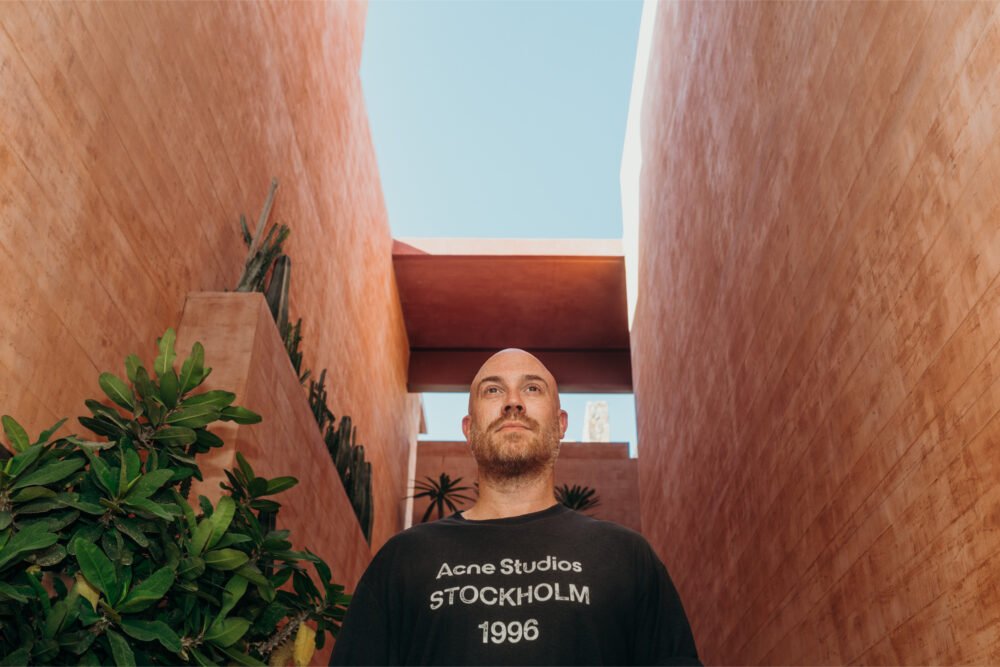
After graduating in 2007, I set up my first project studio, Collabora Productions, with a group of like-minded guys. From then on, I started my first label, Digitalique, in 2009 with a couple of artists, eventually leading me to move to Mexico in 2010.
That same year, we opened a professional studio in Guadalajara and held some cool events at the BPM Festival in Playa del Carmen.
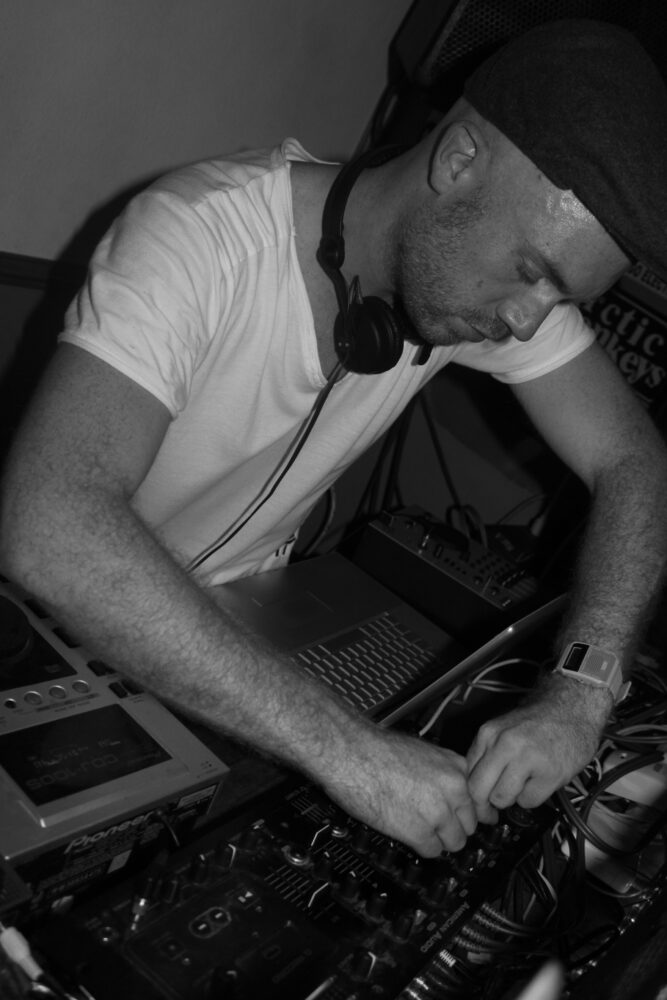

I’ve always loved being surrounded by creative people, not just music. I love anything creative. Whether it is in the studio working on a track or the creative process related to evolving a project, I am equally excited. Music has just remained the central drive in my life, and I am forever grateful for all the people I have met and the opportunities it has given me to be part of such an exciting creative journey.
Over the years what have been some memorable moments when you have heard a House of Hustle release on the dancefloor or being played by somebody?
The most memorable moments were in the very early days when our first couple of releases gained a lot of support from the industry in general. Now, after ten years, I am proud to see that we have managed to remain relevant in an industry that changes quickly. It is always amazing to see the big artists in the game play our records, but receiving messages from up-and-coming artists saying that House Of Hustle has been the reason they started making music always resonates more with me. My goal has always been to inspire and add value to the people that we touch in one way or another.
How did House of Hustle get started? What were the first few steps in getting the label off the ground?
Since my early dance music days in London, I have loved the occasional house tune with a Missy Elliot-style vocal or a little bit of what I typically refer to as a “ghetto vibe.” Still, I never found a central point where I could easily find more of that style. As we closed the doors of Digitalique in 2012, I started planning a new project to promote this style.
In 2013, I launched the G-House Movement, GHM, as a community project on SoundCloud. We started to repost songs that aligned with the style we wanted to promote and invited artists to record a DJ mix, which we published weekly.
Our whole thing was to let the music speak; it didn’t matter if they had 5 followers or 50.000. The account grew quickly, and we networked a lot. I remember we answered every single message on our various channels, and I became close with many up-and-coming artists.
I always had the label in mind, but I wanted to focus on community building, so it wasn’t until 2014 that it became more relevant.
As I had already gone through the process of setting up a label before, the technical aspects were familiar to me, but one thing was completely different in my mindset. With this label, I wanted the music to come first. With my first label, we were a bunch of friends who had a lot of fun, released music, had some cool events, and did a lot of partying. It made sense at the time, but with House Of Hustle, I wanted it to be done in a more professional, business-oriented way. As soon as we opened our mouths about the label and how we wanted to work with people from the community we had been building for over a year, we received heaps of music, and off we went with our first official release, which dropped on the 31st of July 2014.
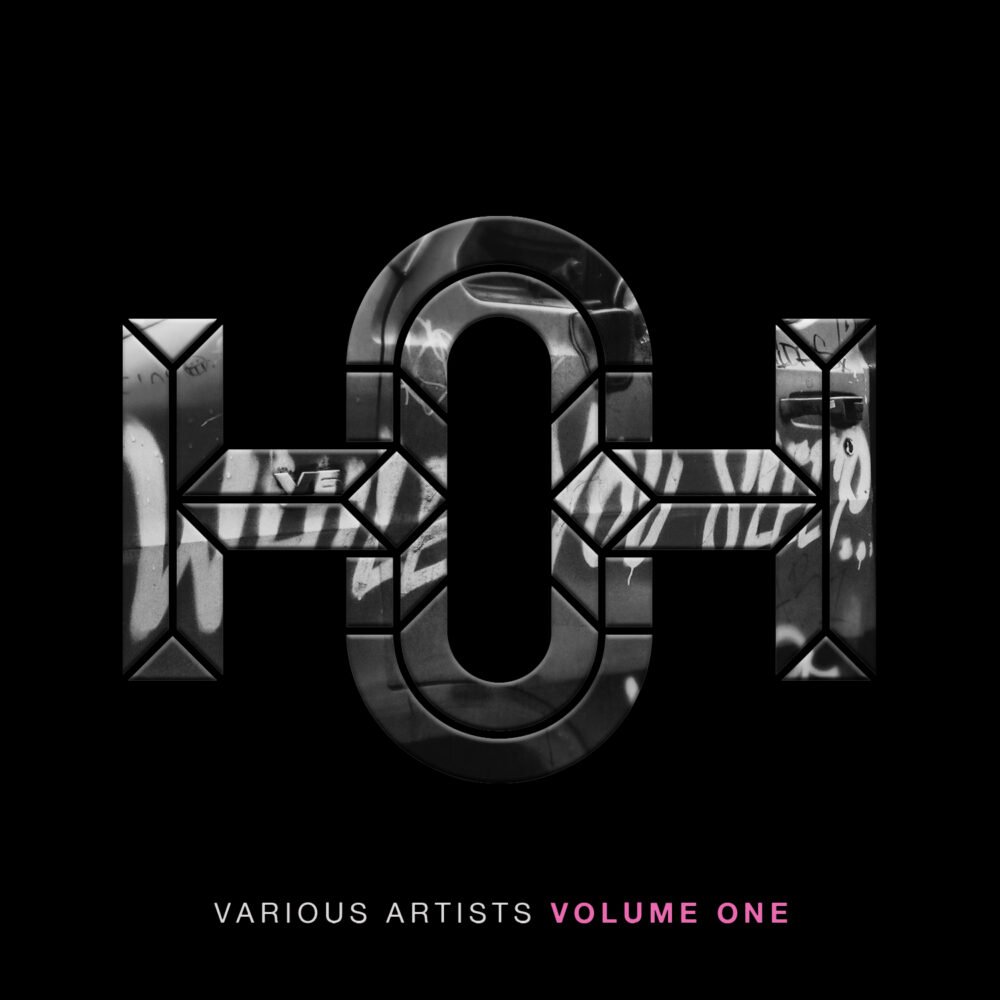
Exactly 10 years ago today! How have you experienced electronic music over the last 10 years? What are some ways music has evolved?
Since music production has become accessible for so many, especially in the last ten years, it is amazing to see how global participation has just gone through the roof. The combination of cultural influences and minor fusions between styles makes for an interesting mix, ultimately allowing music to evolve. I have always enjoyed that particular part of the creative evolution.
There’s so much going on at all times, so the downside of this overload in musical content is that it takes quite a bit of work to keep track. Over the last ten years, as a label, we have also been through an internal evolution. Now and then, we do a refresh session with the team regarding the general alignment of where we want to go regarding style and the overall vibe of our releases. I have always kept this as a high priority, as our releases need to reflect what we like as a team.
If we move away from the music itself, the global scene has grown exponentially in the last few years, opening up many opportunities on a completely different scale. On a personal level, I still enjoy what we are doing, but I also have moments when I feel that the scene has lost some of the magic I used to feel. When I got into dance music in the early 2000s up until a couple of years ago, there was still a notion of being part of an underground scene, and I enjoyed feeling part of that movement. That is the only thing that has changed a lot in the last 5-10 years, as dance music, in general, has become such a popular genre.
As with anything that becomes popular, there is an extended level of hype, which, if coupled with the present social media culture, sometimes leads to a certain level of saturation. It’s the nature of evolution, and I am happy to be part of it and impact people through our work. That in itself carries quite a lot of “magic,” so I try to look at it as some magic lost and another magic gained. I am still excited about the future of dance music, and I am sure it will continue to grow in popularity.
Can you share a little about the top places you like to go and artists you like to support within your local music scene?
During my 14 years in Mexico, I have come to love this place, the people, and the amazing places to visit. My first couple of trips to Playa del Carmen were special. I have lived in Los Cabos since 2016, so living in such a paradise-like place, my trips with my wife tend to be more focused on bigger cities or places that generally have a great food culture. Regarding local guys, my main picks would be Andruss and Dmitri Saidi.
I have known them for years, and Andruss was on one of our very early releases. Both are great guys and have grown a lot as producers. It’s one of those things that I enjoy when I see these guys who have put so much time and effort into their work finally pay off. Both of them are absolutely killing it now, and I am sure they have a lot more to come.
How does your weekly hustle go? What are some of the biggest or most time consuming challenges and more enjoyable parts of your work week?
We have a weekly A&R session with the team, during which we discuss demos, upcoming releases, and other aspects related to the label. Since all team members live in different places, the US, Mexico, Italy, and Brazil, we keep everything work—and planning-related centralized online using tools from Google. Recently, we got Trackstack, which has helped manage all the demo submissions. One thing I am really proud of with the team is that we have managed to keep our release schedule consistent during all these years.
I honestly don’t think we have missed any release dates since we started.
In our internal scheduling, we always work hard to have at least 6 to 12 months’ worth of releases lined up at any given time. Every 2-3 months, I submit the next quarter’s worth of releases, which is key to staying on top of our busy release schedule. I check the activity related to our store and releases almost every day, and I get in touch with the different team members at least a couple of times every week. Everyone on our team also has other jobs, so I am proud of the work everyone is putting into the project.
Apart from the label, I also run a digital marketing agency, so I oversee all of the content and communication. Typically, I have a few weekly sessions when I create all the assets for our key content related to our releases, sample packs, and radio shows. It is quite a lot of work, but since I have been doing it for many years, I have created a streamlined workflow to get through most of the heavy lifting in just a couple of sessions.
What is one philosophy you like to live by?
Live, learn, and constantly evolve. I believe those three are the cornerstones of a healthy lifestyle, whether applied personally or professionally.
Having a healthy dose of curiosity sets you on a path to evolve, and if you sprinkle that with knowledge, you gain clarity.
Few things are more useful than clarity in life.
What is the next step(s) for House of Hustle?
For the past 2-3 years, we have been dipping our toes into developing our boutique-style sample and preset packs, something I find exciting as it gives us an additional way to add value to the artists that we work with but also expand our reach beyond just the regular release model of a record label.
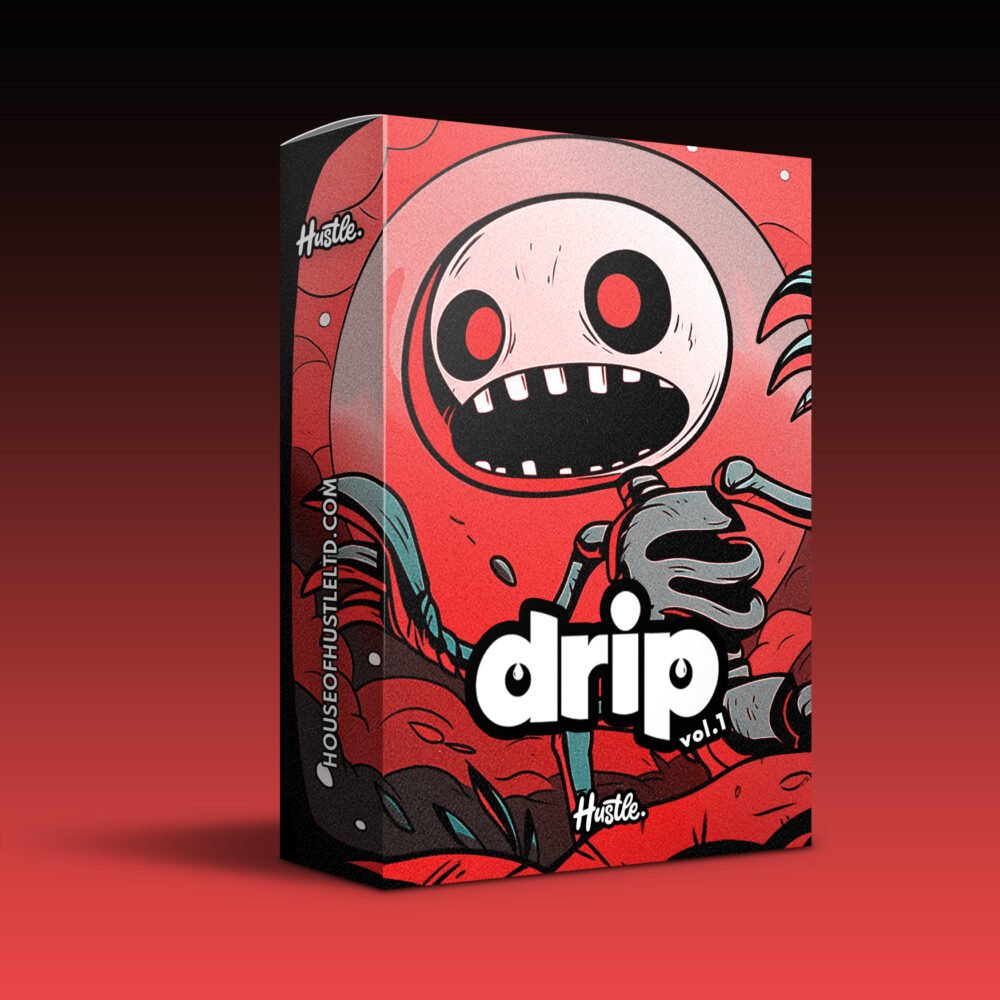
I used to give production lessons and have always enjoyed enriching someone’s skills or providing useful resources. This side of the business model aligns with our vision of providing value and inspiration. We’ll see where it will take us, but we have already built quite a lot of interest. We have launched a few remix contests related to an artist doing both a release of a sample pack and a regular release, and we’ve seen quite a lot of participation in these, so I can see us evolving this model even more in the next few years, as it helps to tie it all together. Creating these interactions is always exciting, as they involve the artist community well.
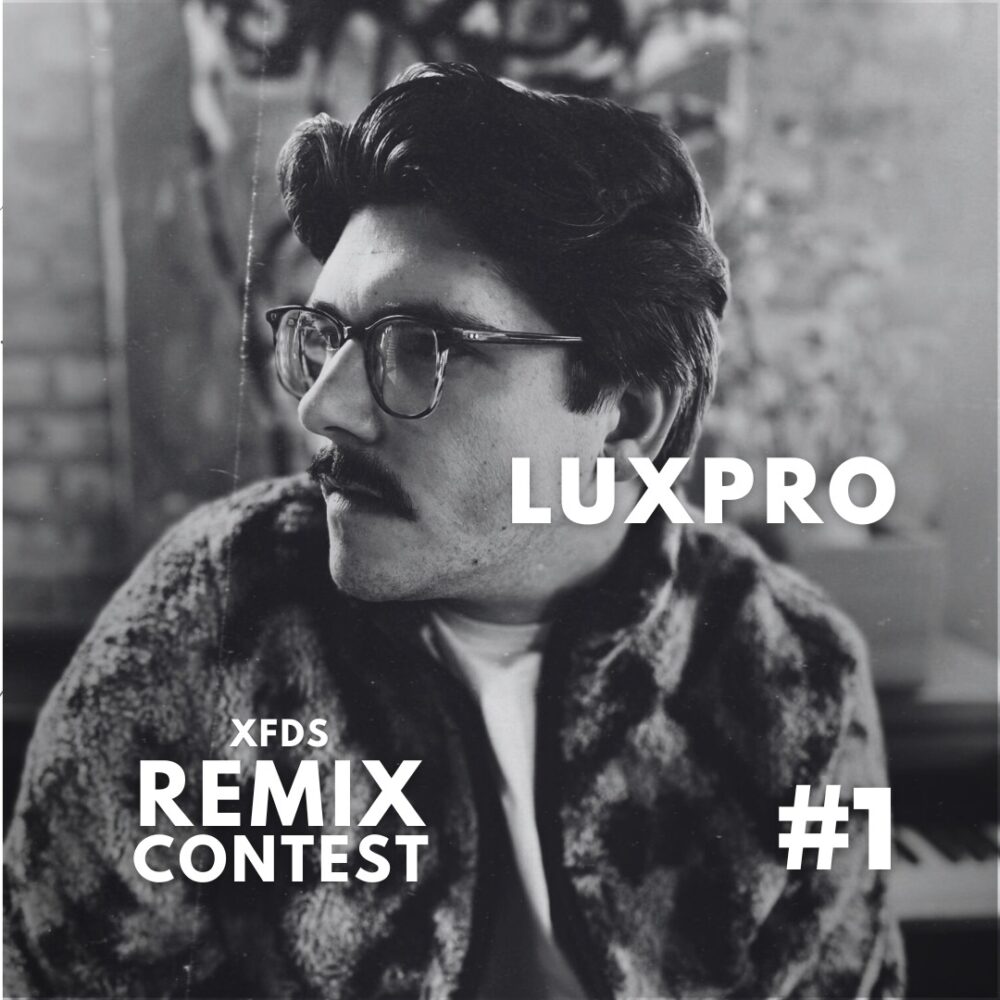
Talking about community, we’re finally back with some events in the US.
We just had one in June and another in August for our 10th anniversary. Pre-pandemic, we were doing quite a few events in the US, but unfortunately, like many, we lost some ground during the pandemic, so now we are gradually building up the presence again. We’re also looking at some options in Europe and Mexico, so we’ll see what makes sense as we move forward.
Since our team members are in Europe, the US, Mexico, and Brazil, focusing our events in these areas makes sense.
We recently relaunched our Hustle Radio Show, which we run bi-weekly. It is still in its early stages, with the traditional guest mix and a few selected tunes from our team in the intro section, but I can see us developing this format further over time. Our newest team member, Adam, aka General Moses, who is also a Toolroom Academy alumni and our radio show host, has done over 1200 podcasts for another project, so we are in talks about how we can transform the show so that it still focuses on music but where we also participate more interactively.
Since our approach has always been “music first” all these years, we feel it is time for us to bring more shine to the team and the people behind the project. I like the podcast format and having a healthy dialogue about music in general, whether it is label-related, production, or other industry aspects, even the more physiological aspects, such as how to stay positive and productive in this somewhat overhyped digital environment.
We also have a new sub-label in the works. It will go live during the second half of this year and feature a slightly darker, minimal vibe. Unlike House Of Hustle, it will release singles only and allow us to showcase a slightly extended side of our musical spectrum.
Meet the artists representing the 10-years of House of Hustle.
Kapowsky (Turin, Italy)
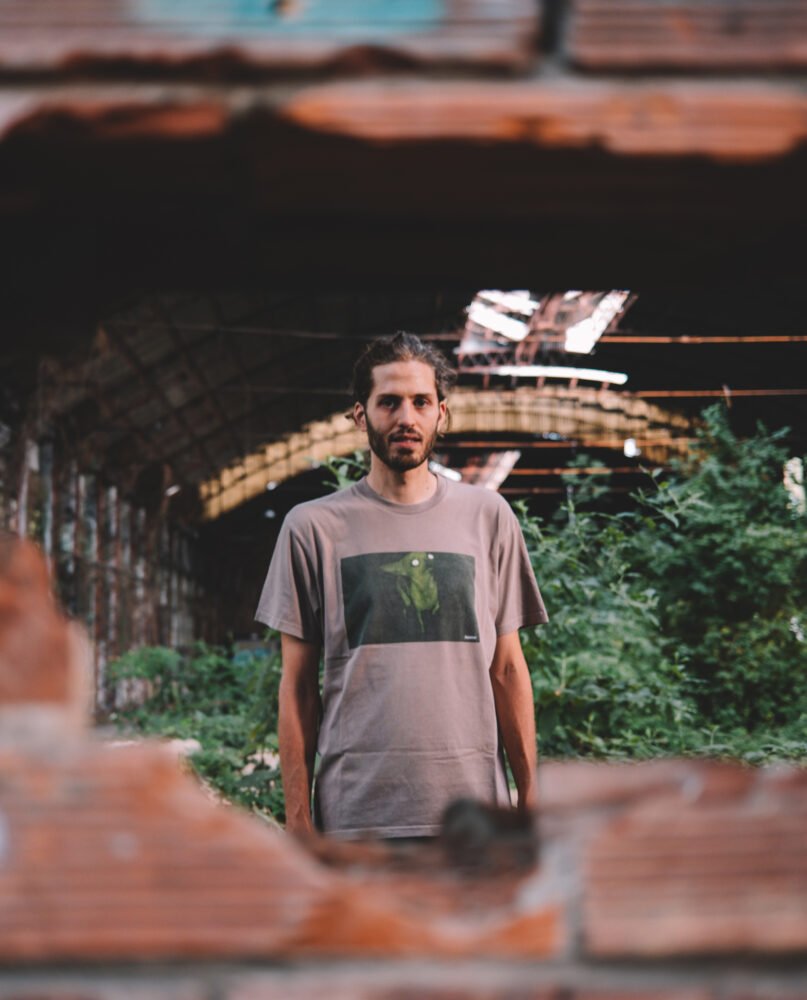
Doctor Jack (Santa Catarina, Brazil)

Holt 88 (Brazil)
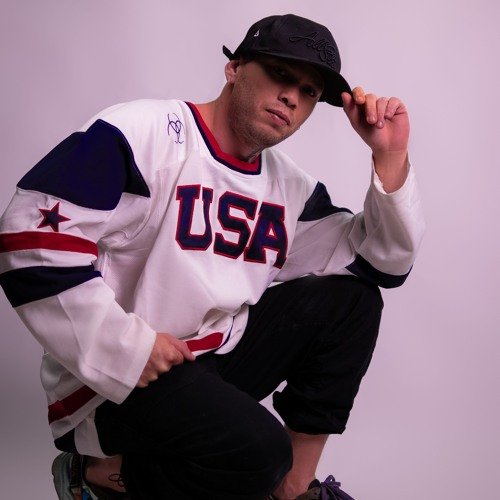
96 Vibe (San Francisco, USA)

Latour (Australia)

E.D.E.R (São Paulo, Brazil)
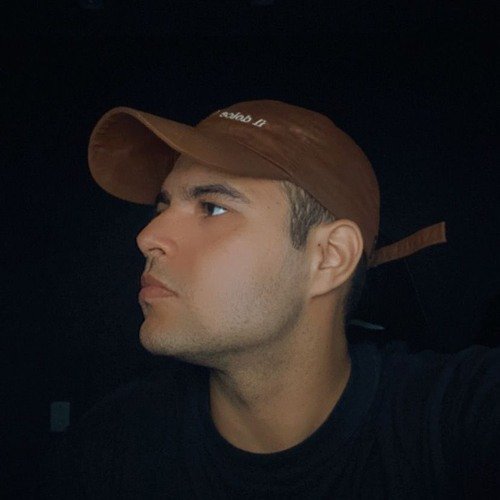
Mike McFly (London, United Kingdom)
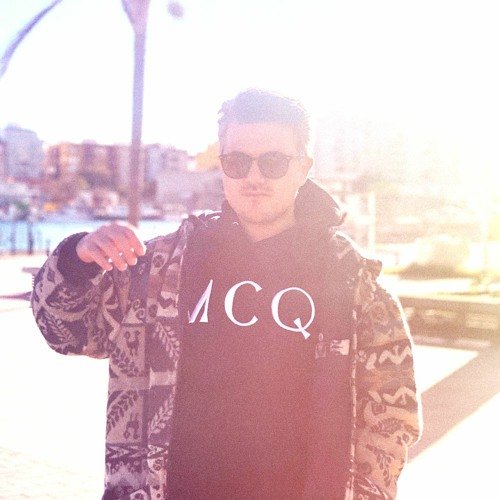
Dirty Rituals (Cabo San Lucas, Mexico)

Wolfire (Brazil)
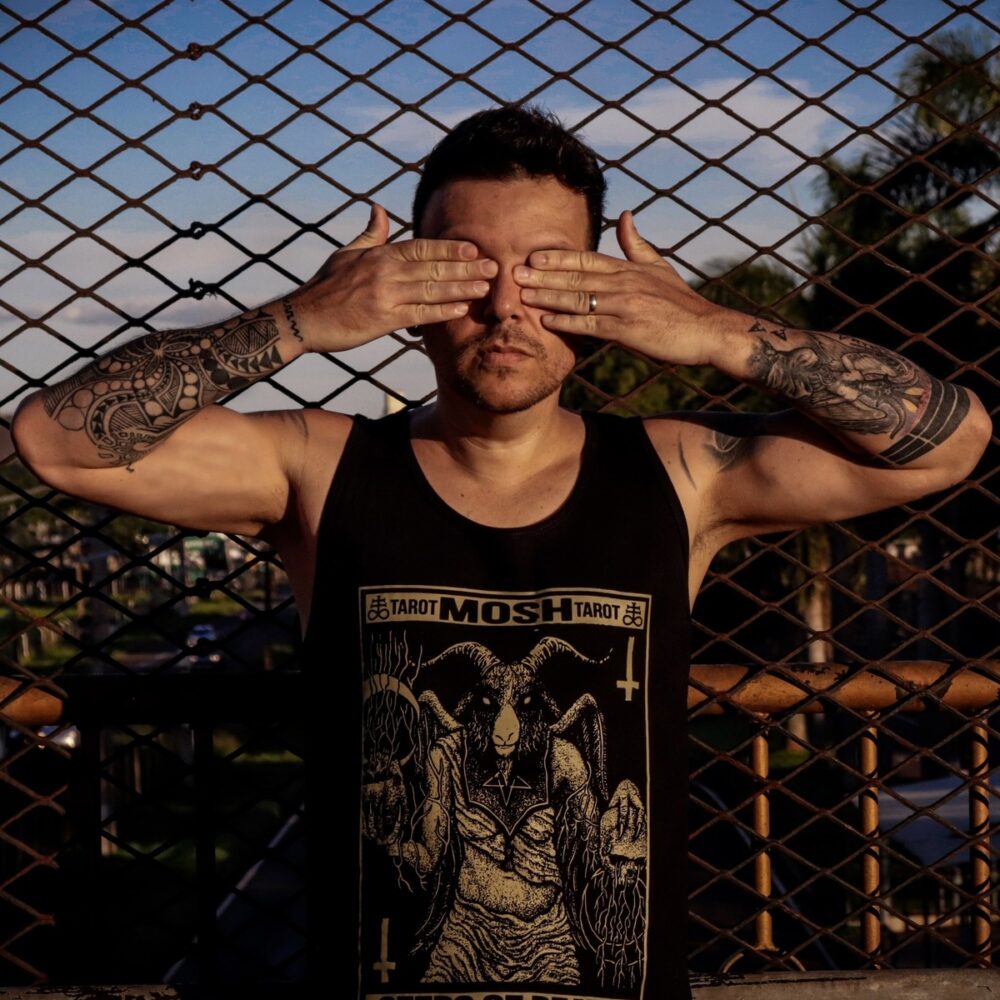
L.O.O.P. (Brazil)
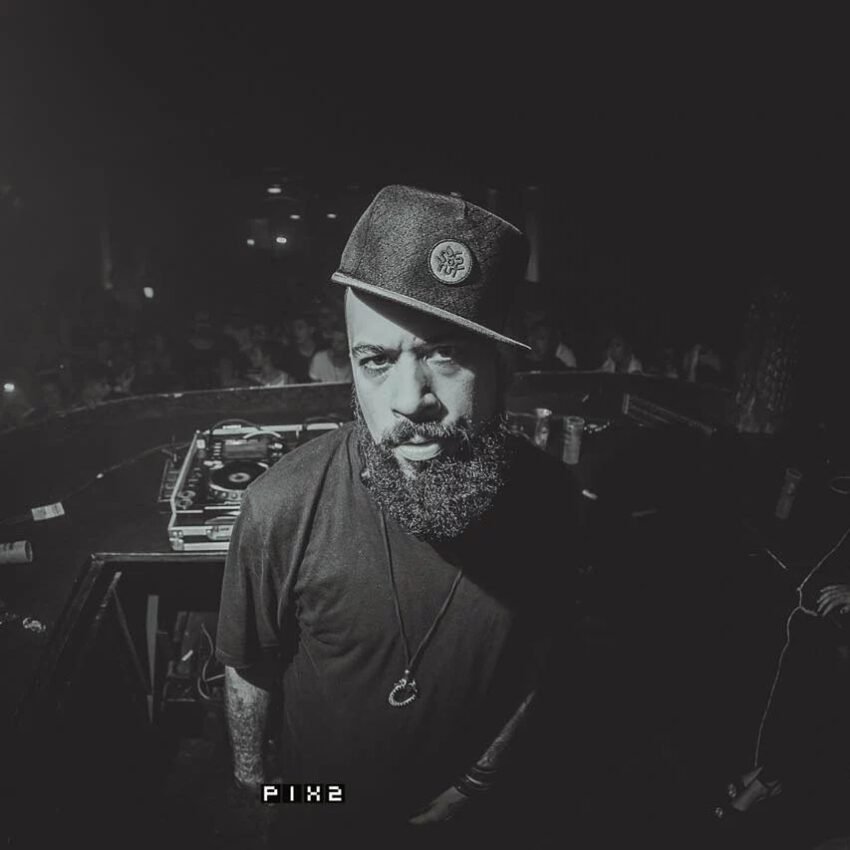
FOOLiE (San Francisco, USA)
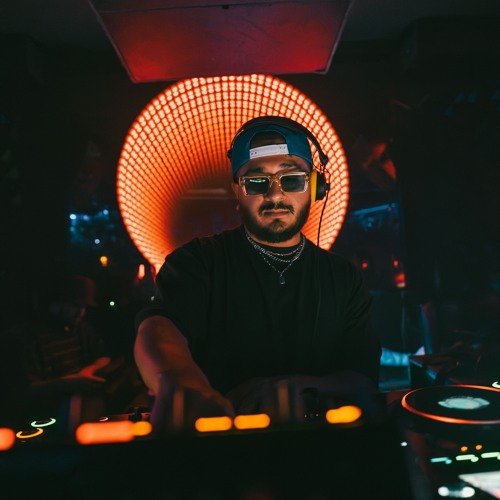
Cole Vassello (San Diego, USA)

Matty Ladd (San Diego, USA)
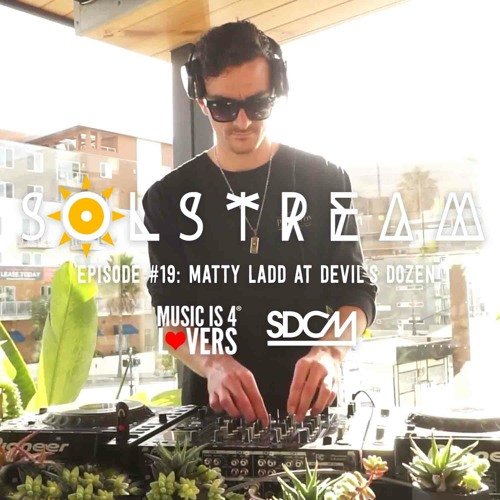
Screechy (Kharkiv, Ukraine)
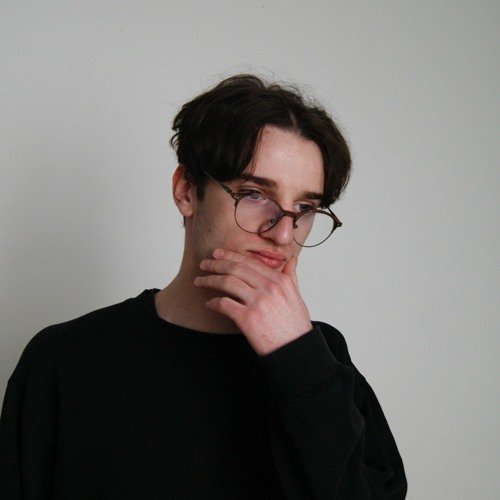
Abyssus (Paraná, Brazil)

Low Voltage (Brazil)
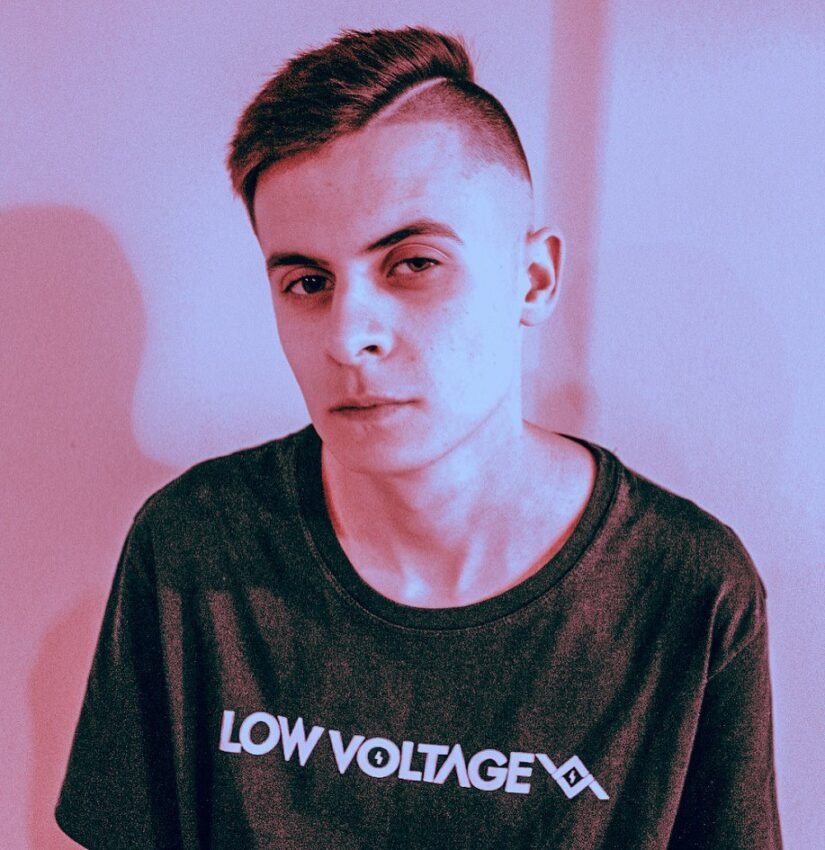
Sam Shelby (Porto Velho (RO), Brazil

Flo.Von (Germany)
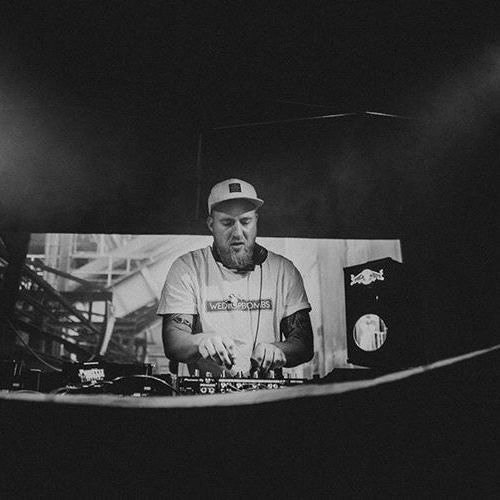
Brunoarj (Brazil)
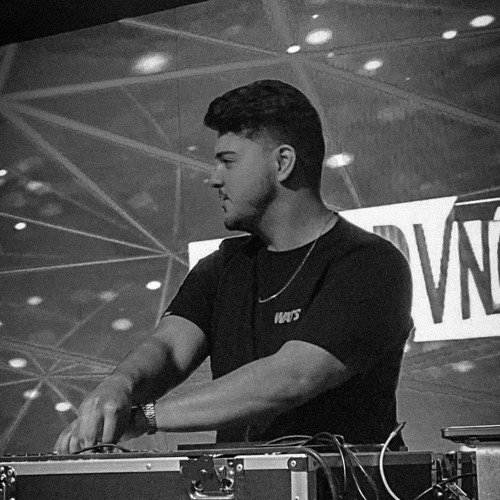
Luca Tinti (Brazil)
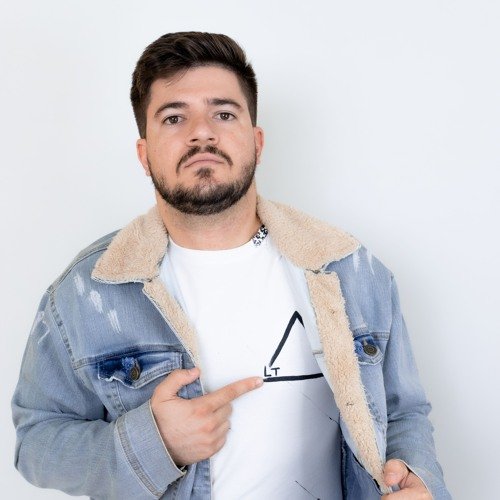
Housekeedz (Muriaé, Brazil)
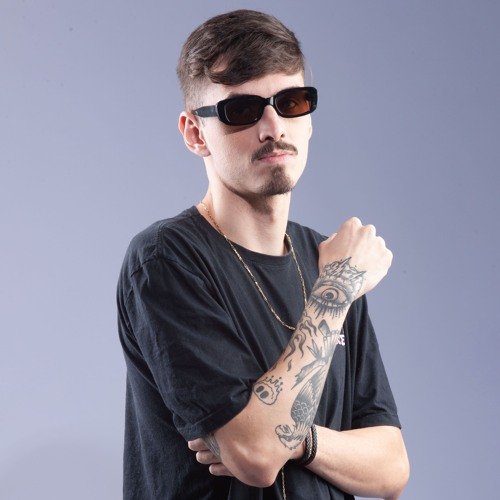
Damn Square (Goiânia, Brazil)
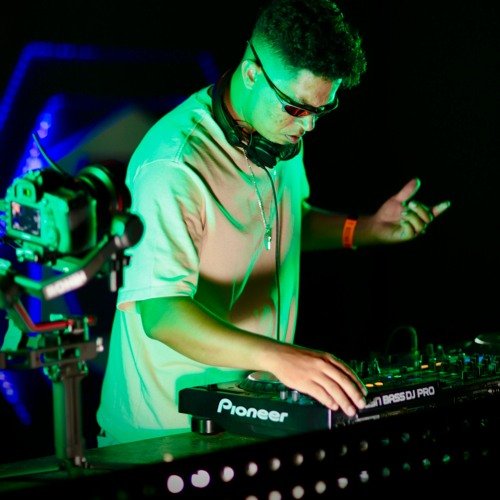
General Moses
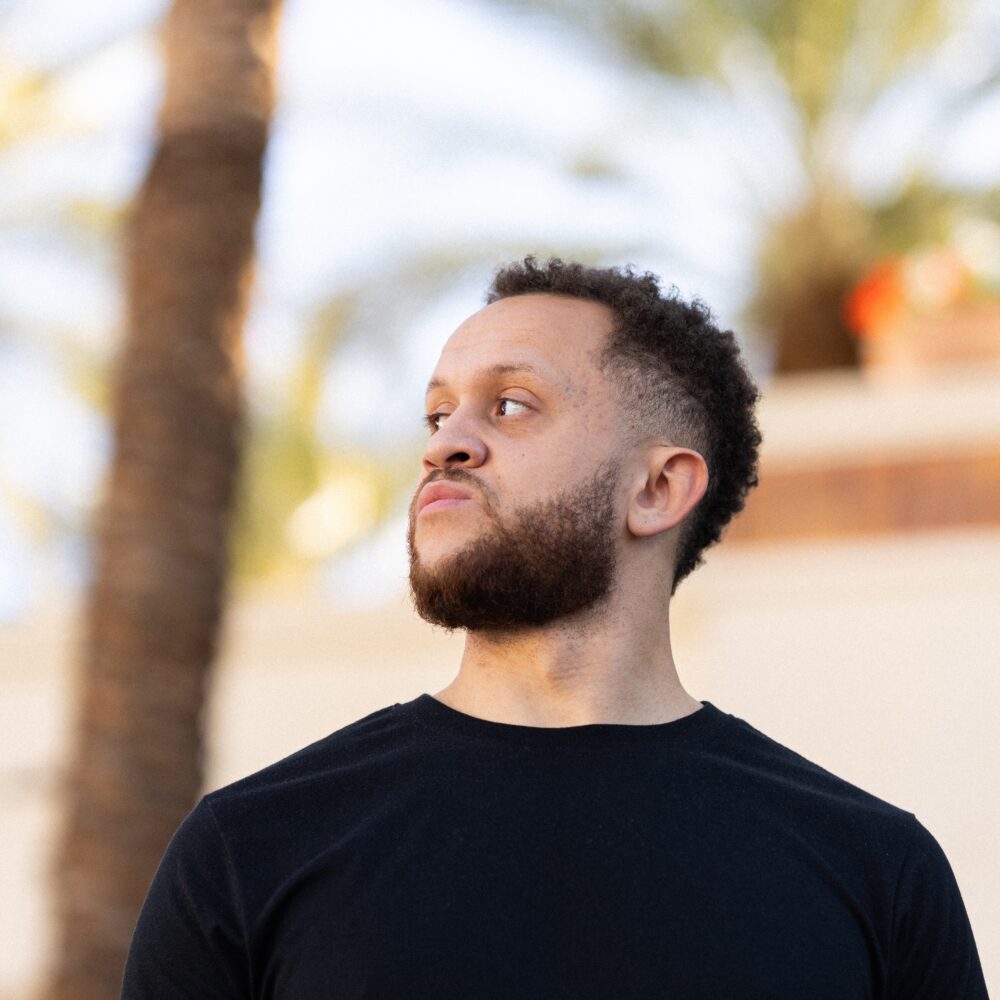
Seek-One (Ponoma, USA)
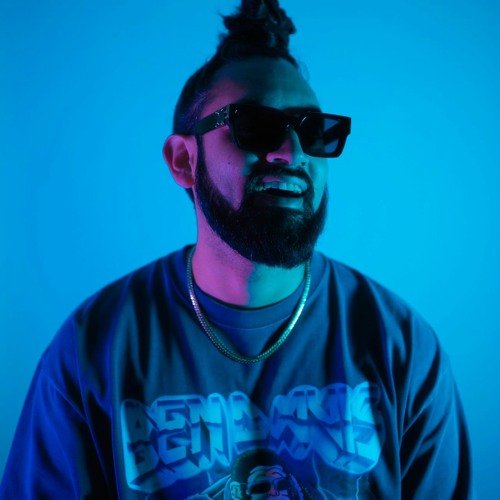
Mr. X-Ray (Los Angeles, USA)
